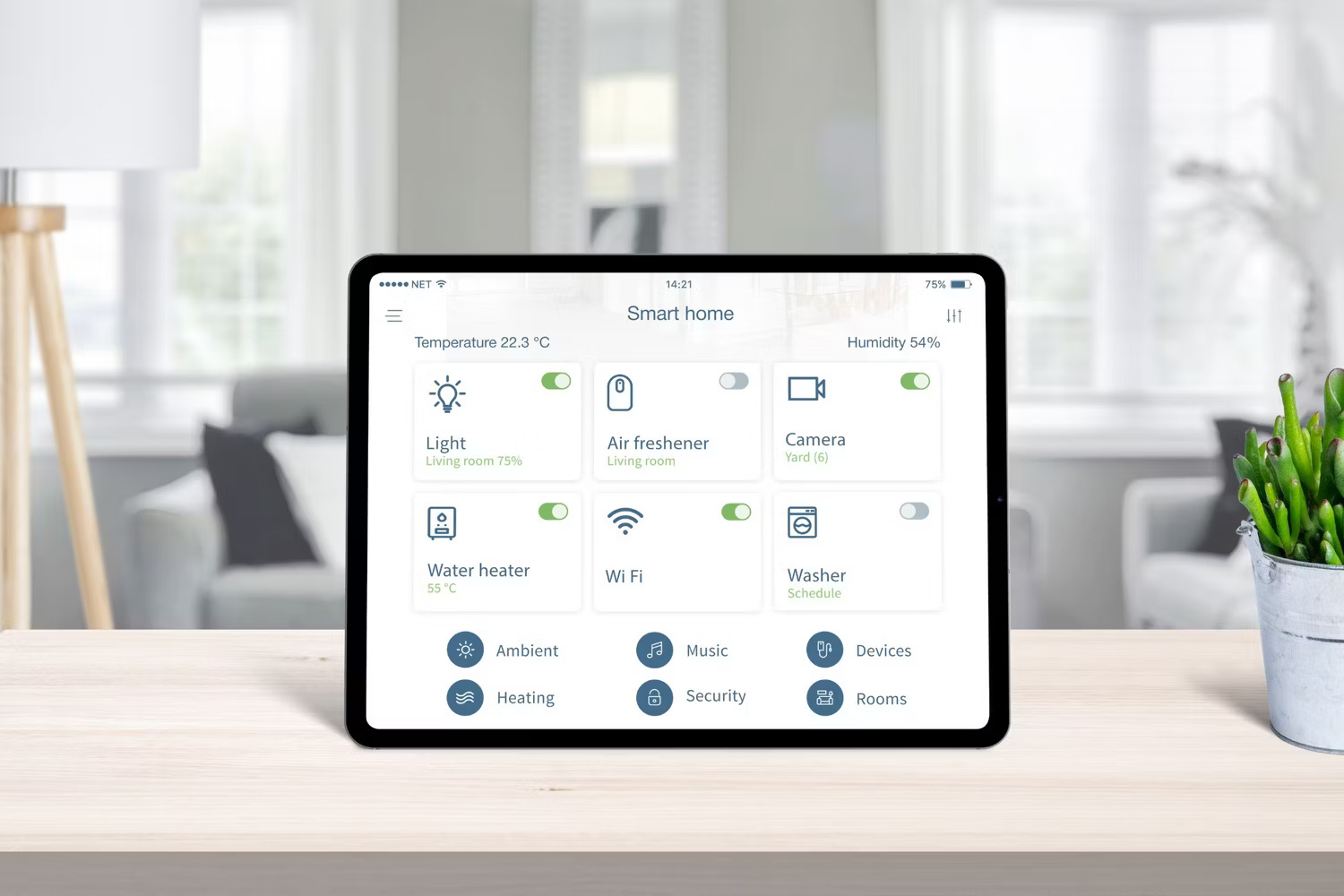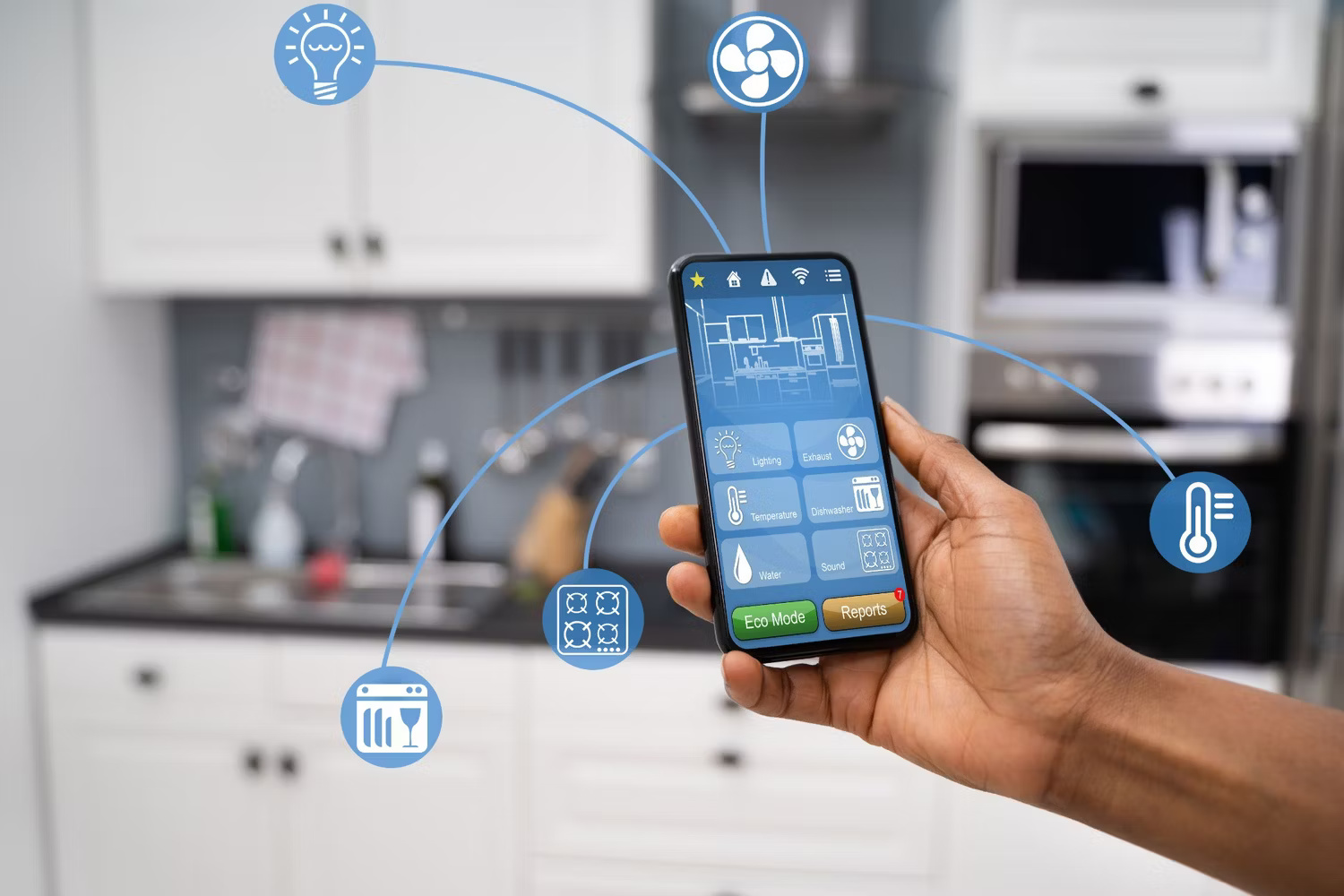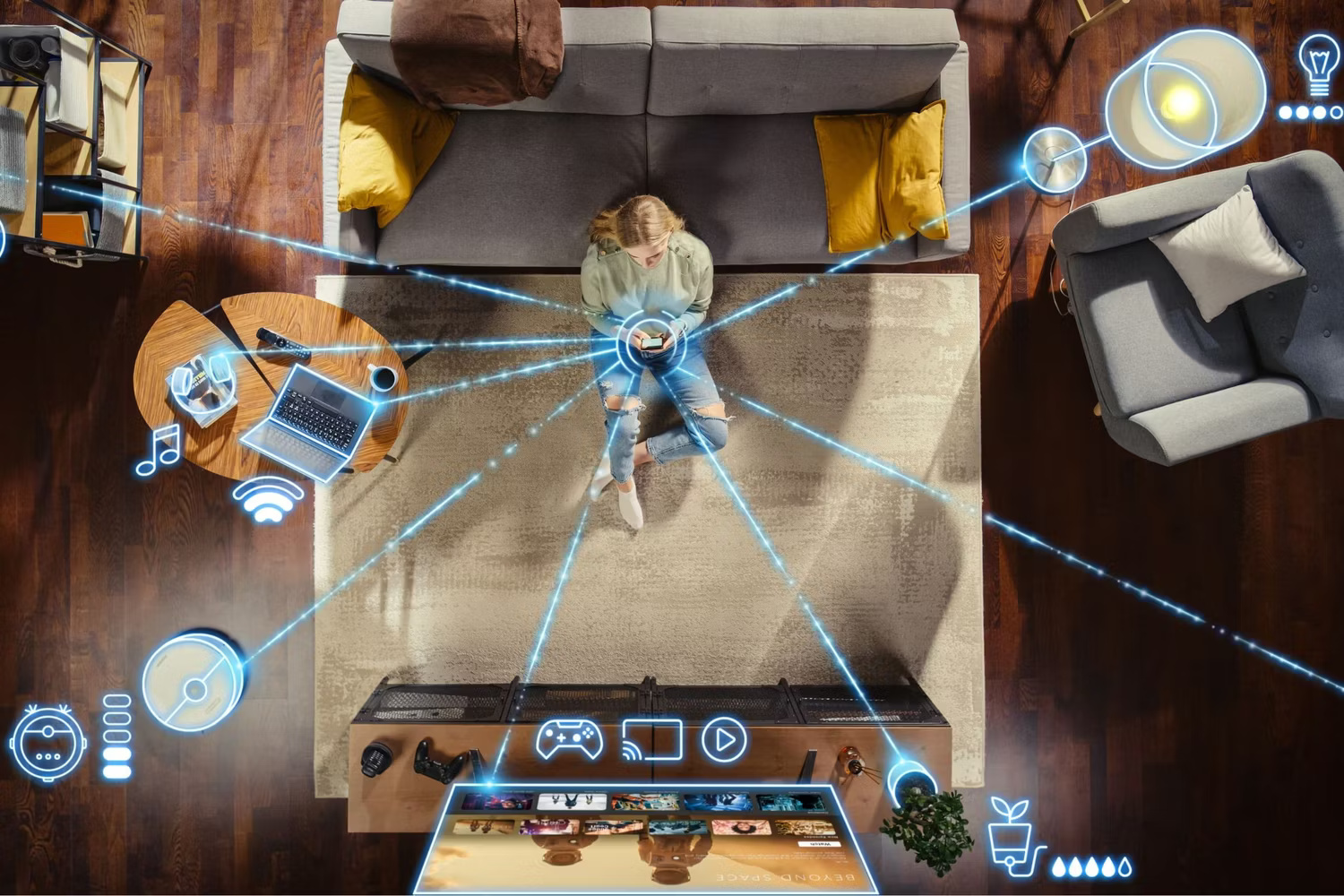Do you need a Smart Home Hub? How to choose?
However, there are a few things to consider before spending the money.
What is Smart Home Hub?

Many of the latest home appliances and electronics - from lights to vacuum cleaners - now come with built-in smart technology, meaning they can be operated from a dedicated remote control or an app. specifically on smartphones or tablets.
One of the headaches with smart technology is that the ability to connect to each device varies depending on the brand. Some may use your home Wi-Fi network or Bluetooth, while others rely on radio waves like Z-Wave and Zigbee. Simply put, Smart Home Hub allows you to manage and automate all your smart devices from a single control point.
Things to consider when buying a Smart Home Hub
If you decide you want a central hub to control your smart home devices, here are the main things you should consider.
Compatibility

If you're wondering whether to choose an easy-to-use and convenient first-party platform like Google Home or choose a standalone hub, the first thing you should consider is connectivity.
What smart devices do you already own? Did they work effectively together? If you already own a Google Nest or Apple Mac and iPhone smoke alarm, doorbell, and security camera, then you should probably use those platforms as your control method.
However, if you have multiple active devices and systems, keep in mind that one of these hubs may not be able to connect to everything. Additionally, some smaller smart home manufacturers develop devices that are only compatible with their controllers or have discontinued support, so you should also consider any future purchases. Go hybrid and choose a system that allows interoperability.
Choose a system that reflects your needs

After identifying all the smart devices and their connectivity requirements, there are a few additional points to consider. Most first-party hubs need to be connected to the Internet and can even use a Wi-Fi connection to communicate with your devices.
This causes a number of problems. First of all, if you live in an area with an unreliable Internet connection, you may find yourself unable to control your device remotely or even from home.
Since most first-party platforms integrate voice assistants, some of their functions and features depend on the manufacturer's cloud service. This can cause reliability issues if the server experiences an outage.
But more importantly, this also means that your home security is in the hands of third-party servers and could be vulnerable to hacking or privacy violations. Using a standalone hub allows you to decide whether and to what extent you want the system to be online accessible, while also allowing you to fully operate connected devices during lost time. Internet connection.
Consider budget
In addition to the initial cost of purchasing a hub, many first-party platforms require a monthly subscription. For example, Google Nest will cost between $60 and $120/year, while the Apple One Premier plan costs up to $37.95/month. By choosing a standalone hub, you can say goodbye to monthly subscription fees and have more freedom to connect to non-proprietary smart devices.
A newly developed open source connectivity protocol called Matter, aims to become the new standard in smart device connectivity and has been adopted by Apple, Google and Amazon, along with many smaller companies. Therefore, choosing a controller that integrates this technology is a good preventative measure for the future.
Homey Pro is a next-generation hybrid home hub that retails for a reasonable $399. It uses Matter as a standard and can also connect to devices using Thread, Wi-Fi, Bluetooth, radio waves or infrared. It also handles the management and scheduling of devices locally instead of relying on cloud services, helping to protect your data and keep devices running even when the Internet goes down.
Ultimately, the right choice for your home is a system that fully meets your current and future needs. As advances in smart technology and automation likely continue to shape our lives, the way we interact with those devices will need to continue to improve and evolve. But for now, a Smart Home Hub hybrid might be the smartest choice on the market.
You should read it
- ★ Smart home technology and unpredictable hazards
- ★ How to Ensure That the Smart Home Doesn't Jeopardize Data Privacy?
- ★ How to turn an old tablet into a Smart Home Hub
- ★ 5 serious limitations when having too many smart home devices
- ★ 6 ways seniors can use Google Home to make the COVID-19 quarantine easier